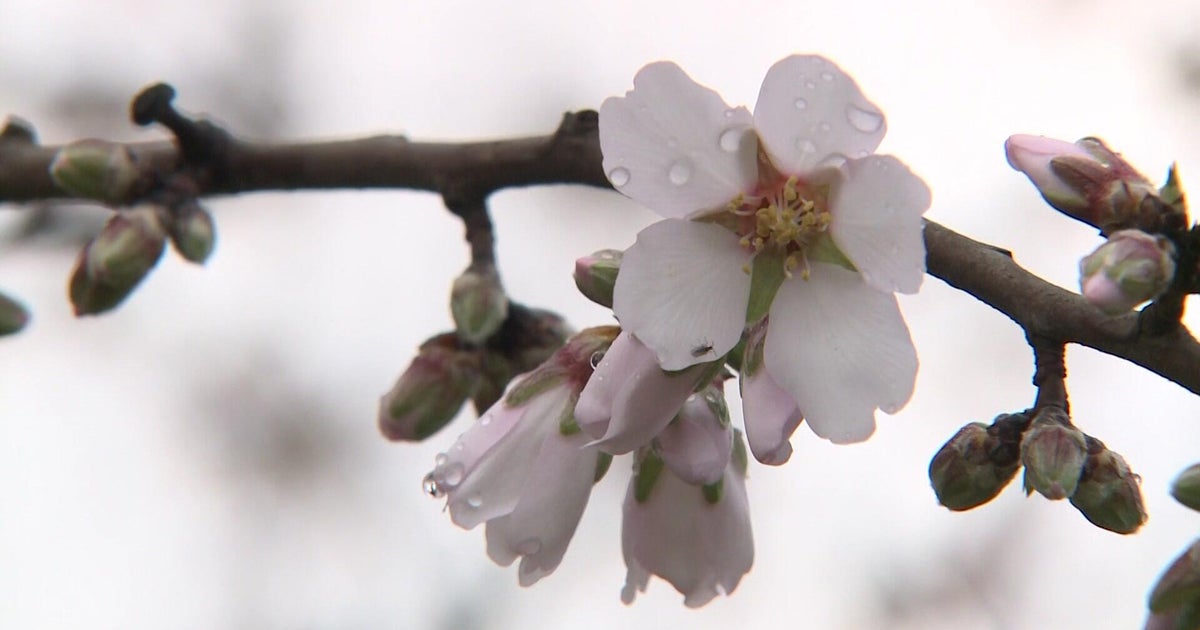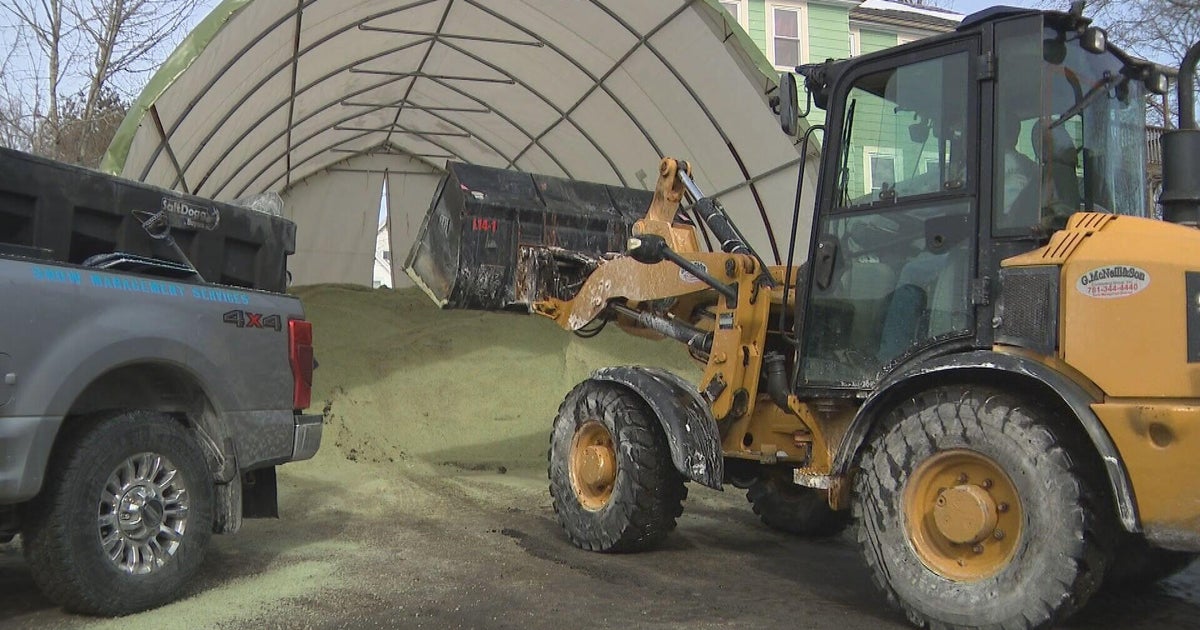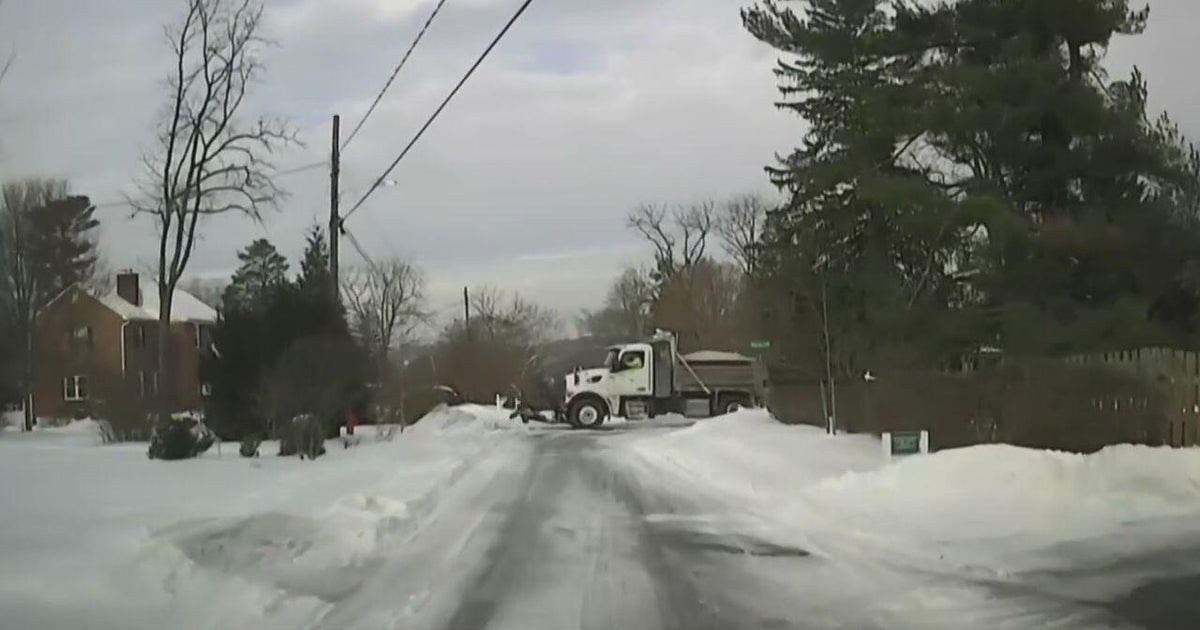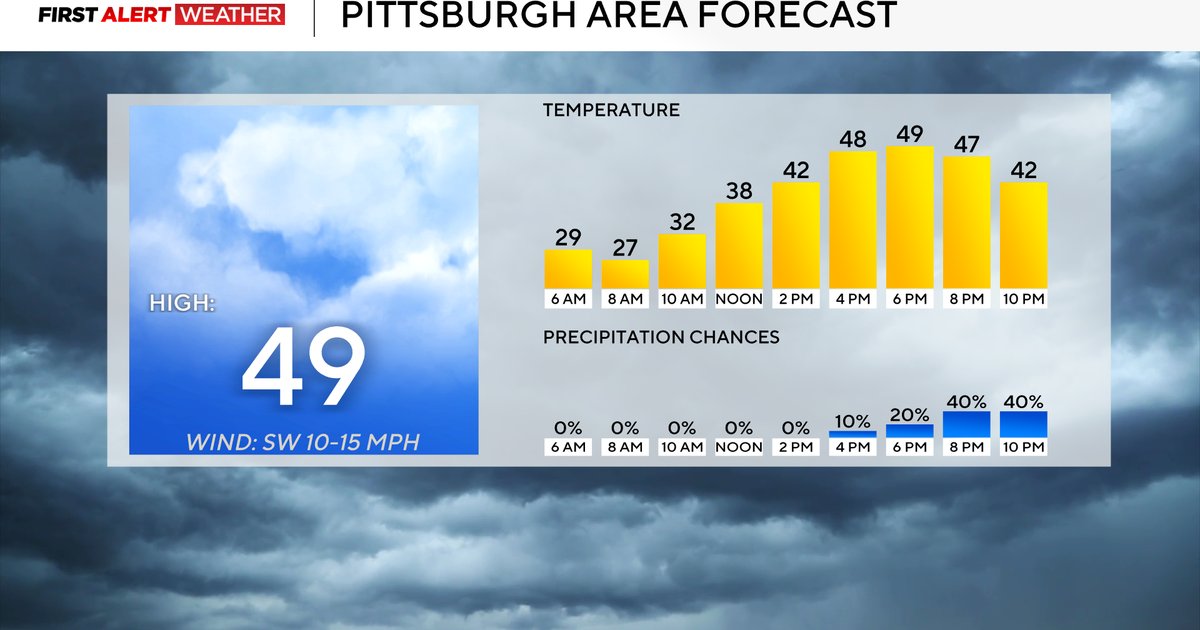Fluctuating Temperatures Likely Mean No Mass. Peach Crop In 2016
BOSTON (CBS) – Trees sit barren in the fields of a North Andover farm as fluctuating winter and spring temperatures likely means there will be no peaches for much of New England this year.
Even though it's a relatively small crop in the state, for farmers, it's a big loss.
Blame it on the weird winter.
"You're in my orchard right now and what normally should be here are a lot of pink flowers," says Michael Smolak of Smolak Farms in North Andover, showing his peach trees to WBZ-TV. "What we have are dead flower buds, and that means no peaches for us this year."
There will be no peaches on any of the hundreds of trees covering four acres at the U-pick farm.
"Mother Nature is a very fickle mistress," Smolak says.
The dead buds just fall off in your hand. They were killed by the temperature fluctuations of our unusual winter.
"When the warm temperatures came they thought, well, maybe spring was coming. But when the very cold temperatures came, they were totally frozen," says Smolak.
Mass. farmers grew about 1,200 tons of peaches last year, but 2016 is a bust.
"It did not kill the tree. It did not kill the leaves, but it did kill the flower bud, so therefore, no peaches north of Rhode Island this year," says Smolak.
A warming climate had been good for peaches in Massachusetts, but with the temperature swings of last winter, it all went the other way.
"Fortunately, a lot of us are diversified and we have other crops," Smolak says.
But the bare peach trees still need tending, and that means spending time and money with no pay back.
"Farmers are eternally optimistic and next year we'll look forward to a bumper crop," says Smolak.
There are federal programs that can help farmers who lose a crop because of weather, but it's too soon to know if they will apply to this loss.







